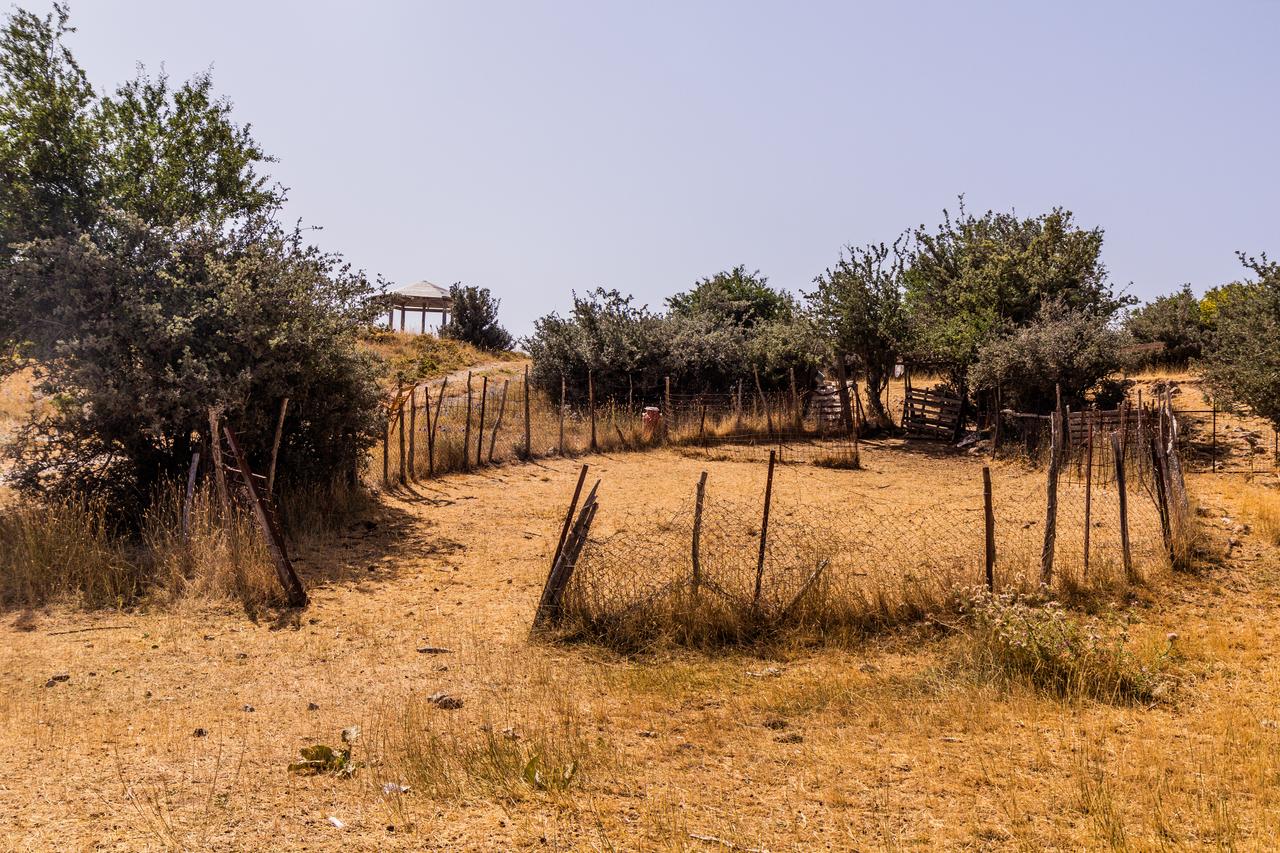
Greek authorities have filed criminal charges against 37 people accused of running a nationwide fraud network that siphoned millions of euros from European Union agricultural subsidies.
The case involves Greece’s state payment agency for farm aid, known as OPEKEPE, and is being handled by the European Public Prosecutor’s Office, which investigates crimes affecting EU finances.
The suspects were transferred from northern Greece to Athens on Thursday under tight security. They face charges of forming a criminal organization, subsidy fraud, falsifying documents, and money laundering.
Police said the investigation covers several regions, including Thessaloniki, Pella, Attica, Ioannina, Heraklion in Crete, and Santorini. All defendants deny wrongdoing and are presumed innocent until a court ruling is issued.
Investigators say the group exploited gaps in the EU’s Common Agricultural Policy system, which distributes billions in annual payments to farmers.
The suspects allegedly used fake documents and undeclared plots of land to claim funds meant for active farmers. In many cases, parcels were registered under other people’s tax IDs or deleted after payments were approved to avoid detection.
Officials uncovered a scheme involving so-called “landless plots,” in which claimants uploaded blank pages instead of official regional permits. The flawed digital system treated the empty uploads as genuine, releasing public money.
Some members also allegedly used false claims tied to flood compensation after 2023’s Storm Daniel, declaring that they had rented or cultivated land in disaster-hit areas to obtain extra payments.
The network’s ringleaders allegedly laundered the proceeds through fake invoices and online betting accounts.
Investigators found 393 fictitious invoices worth approximately €1.7 million ($1.97 million), along with records showing large gambling transactions that appeared to match the amount of illicit earnings, as reported by Euronews.
In total, the suspected head of the operation is believed to have moved close to €4 million through betting platforms.
Authorities also seized luxury items and vehicles during raids, including 14 cars, jewelry, and computers. A separate investigation targets a Cretan farm unionist nicknamed “Frappes,” accused of possessing €2.5 million in unexplained assets and eight vehicles.
“Has anyone seen me in Heraklion driving a Jaguar? I have one farm truck, loaded day and night with animal feed,” said Giorgos Xylouris, as reported by Proto Thema.
“I am clean, I will take legal action, everything is lies.” He later said, “The ‘expensive’ Jaguar is a 1999 model, a 21-year-old car. In 2021, it came into my name in a state of total disrepair. After failed repair attempts, I transferred it to my brother, and he eventually sold it as scrap metal to Italy.”
According to police and the European Public Prosecutor’s Office, the confirmed damage currently stands at €5.01 million and is expected to exceed €10 million once all audits are completed.
Earlier phases of the investigation identified more than 300 people who received farm subsidies under false pretenses, many of whom were not actually farmers. Some worked as waiters, electricians, or DJs, yet still appeared as agricultural beneficiaries.
Two individuals (a former OPEKEPE employee in Giannitsa and an agronomist in Crete) are believed to have coordinated the network. The case file includes 125 defendants in total, with 42 considered active members.
Police describe a structured organization with defined roles, regional cells, and a hierarchy resembling that of organized crime groups.
The European Commission has warned Greece that continuing irregularities in its farm payment system could lead to a suspension of EU funding if oversight is not strengthened.
Officials in Athens have been given until early October to submit a new action plan for transparency and tighter controls. Greece’s Independent Authority for Public Revenue said more than half of all farm declaration centers audited this year showed violations, resulting in over €1 million in fines.
Meanwhile, a parliamentary inquiry is examining deeper structural issues inside OPEKEPE. Former department head Paraskevi Tycheropoulou testified that she uncovered a “closed circle” of related claimants and circular leases that allowed the same land to be declared repeatedly for subsidies.
“In a closed report to the then-president of OPEKEPE, I had spoken of a real ‘joker’ of circular leases, which were made without any spending of money, but brought in a lot of money,” she said, as reported by Kathimerini.
“They declared an entire mountain on Kea island as pastureland and that case was sent to the judiciary,” she added, describing the scale of irregularities.
She also said, “They had reached the unbelievable point where, in a single day, some inspectors counted up to 2,500 goats and sheep. This is how the livestock on Crete supposedly increased by one and a half million animals in four years.”
The case has become one of the largest EU-funded subsidy fraud investigations ever conducted in Greece.
It exposes long-standing weaknesses in the country’s agricultural payment systems, which manage hundreds of millions in European aid each year.
The ongoing probe by EU prosecutors and Greek authorities is seen as a test of the bloc’s ability to detect and punish misuse of public money within member states.
Beyond the courtroom, the revelations have raised questions about how EU funds are monitored across Europe and whether national agencies have the capacity to prevent complex, digitally driven fraud.
The scandal has intensified pressure to rebuild trust with both its farmers and its European partners, for Greece, as agriculture remains a key economic sector.